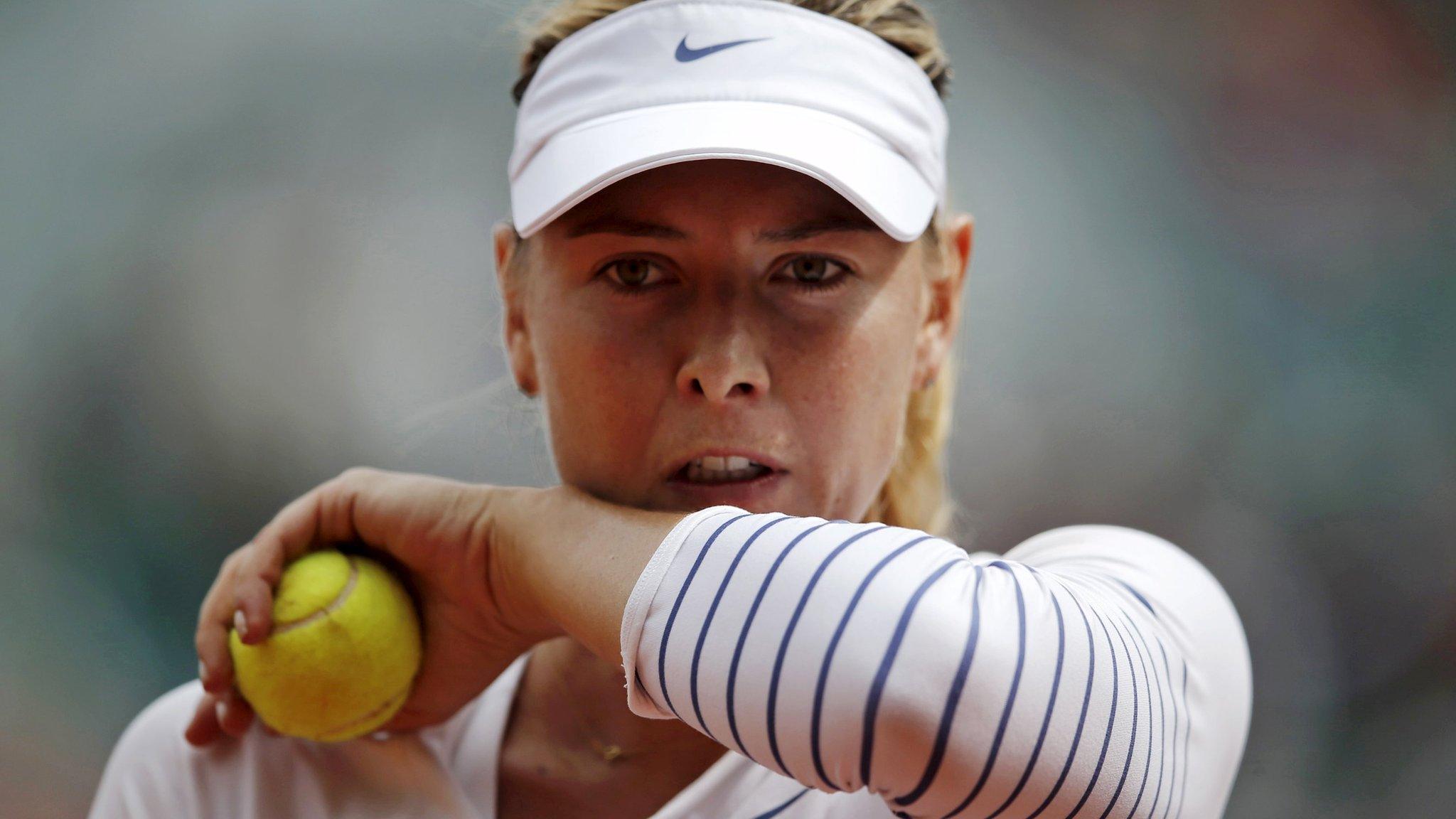Meldonium: Two Para-athletes avoid sanction due to Wada guidelines
- Published
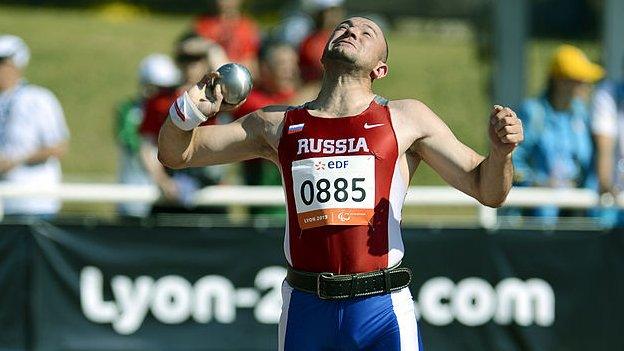
Vladimir Andryushchenko won shot put silver at the 2013 IPC Athletics World Championships in Lyon
Two Para-athletes have avoided sanction after testing positive for meldonium.
Ukrainian powerlifter Mariana Shevchuk and Vladimir Andryushchenko, a Russian thrower, are the first to benefit from the World Anti-Doping Agency's (Wada) clarification on positive tests.
Meldonium was banned on 1 January, but Wada later admitted doubts over how long the drug stays in the body.
International Paralympic Committee director Peter van de Vliet said the athletes "have no fault or negligence".
Shevchuk's urine was found to contain traces of the banned substance after the IPC Powerlifting World Cup in Dubai on 16 February, while track and field athlete Andryushchenko, who won silver at London 2012, failed an out-of-competition test on 5 March.
However, athletes who can prove that they took the drug before it was added to the banned substance list at the turn of the year can appeal the decision.
Five-time Grand-Slam winning tennis player Maria Sharapova was banned from the sport for two years last month after admitting taking meldonium in 2016.
She is appealing against the length of her ban to the Court of Arbitration of Sport (Cas).
- Published8 June 2016
- Published8 June 2016
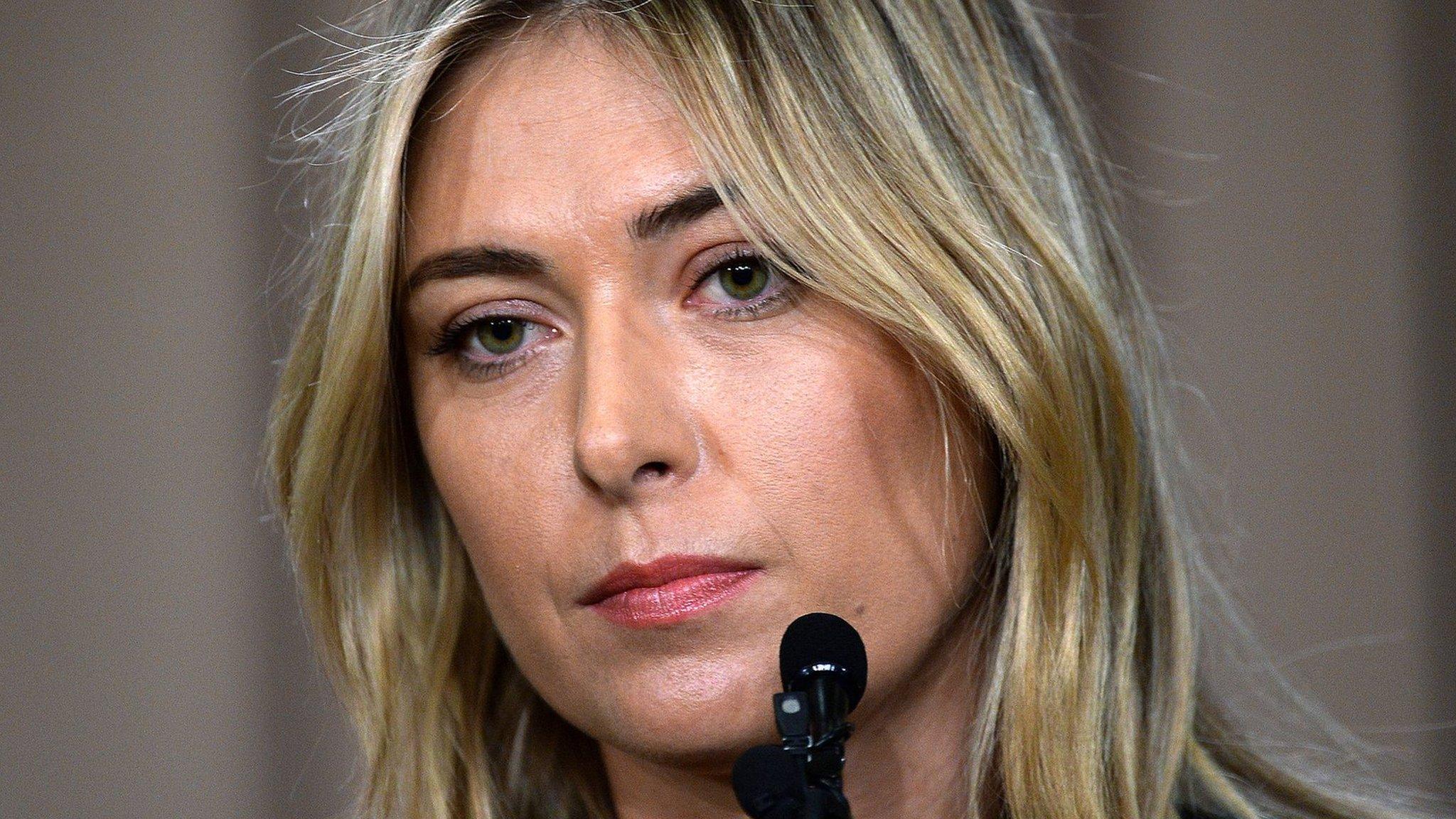
- Published13 April 2016
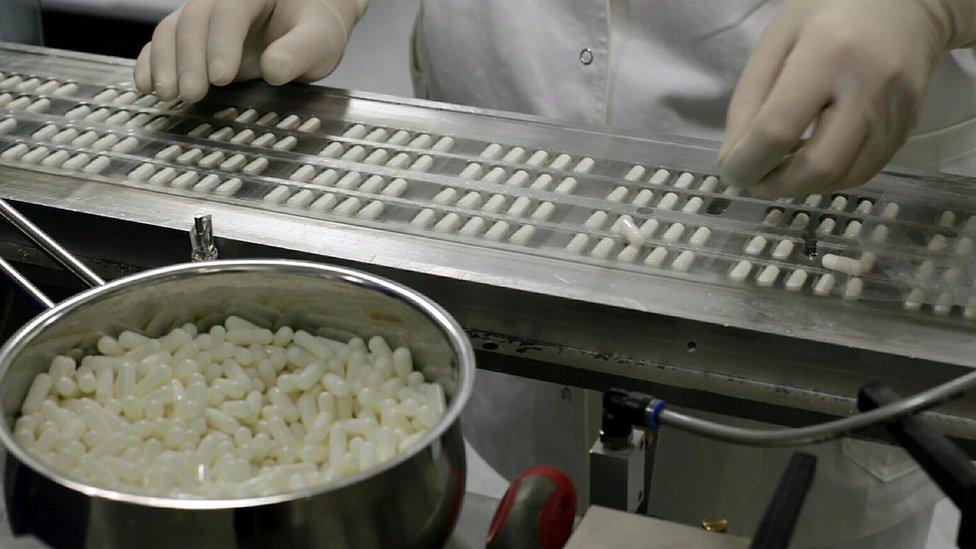
- Published25 March 2016
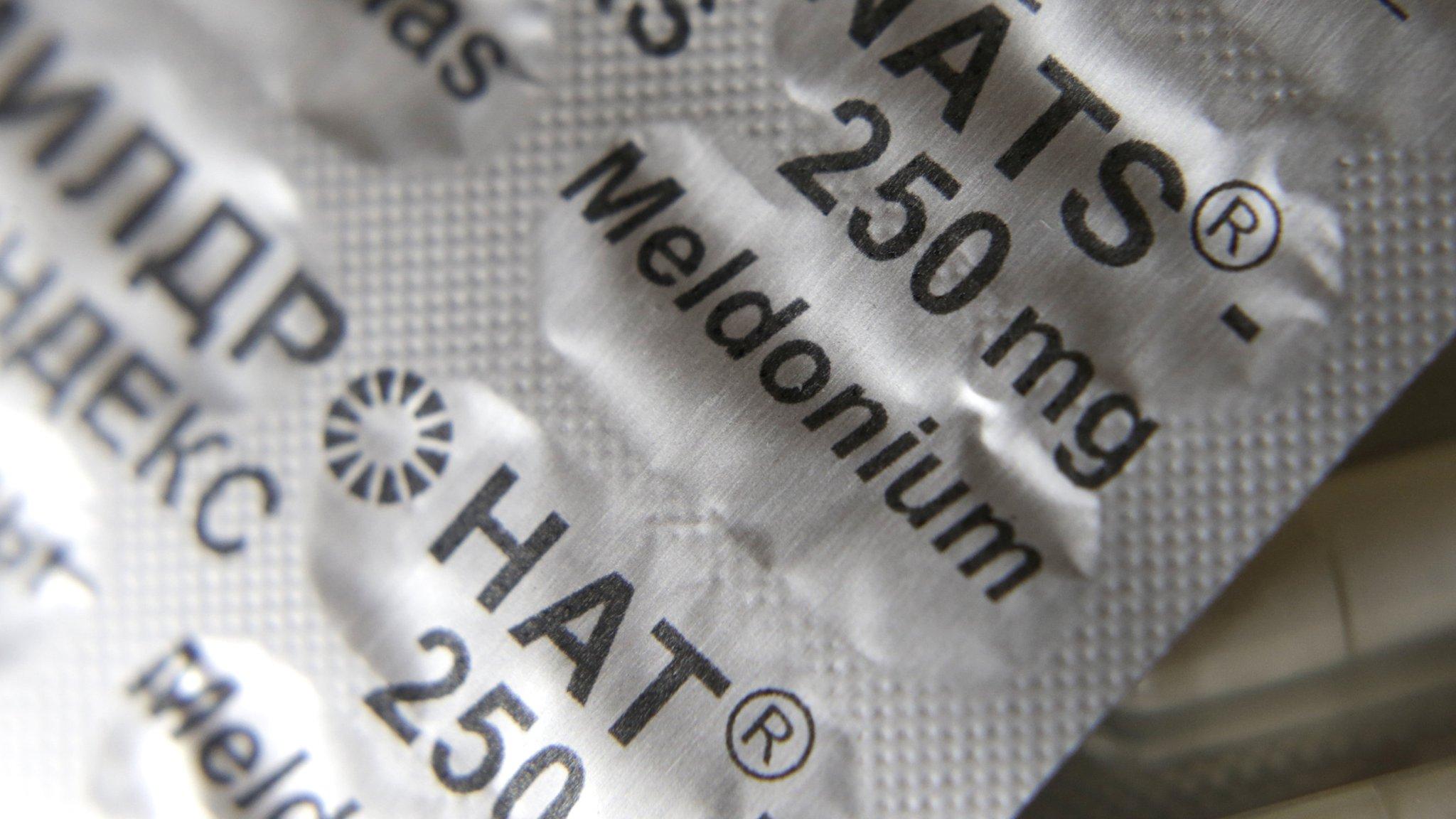
- Published8 March 2016
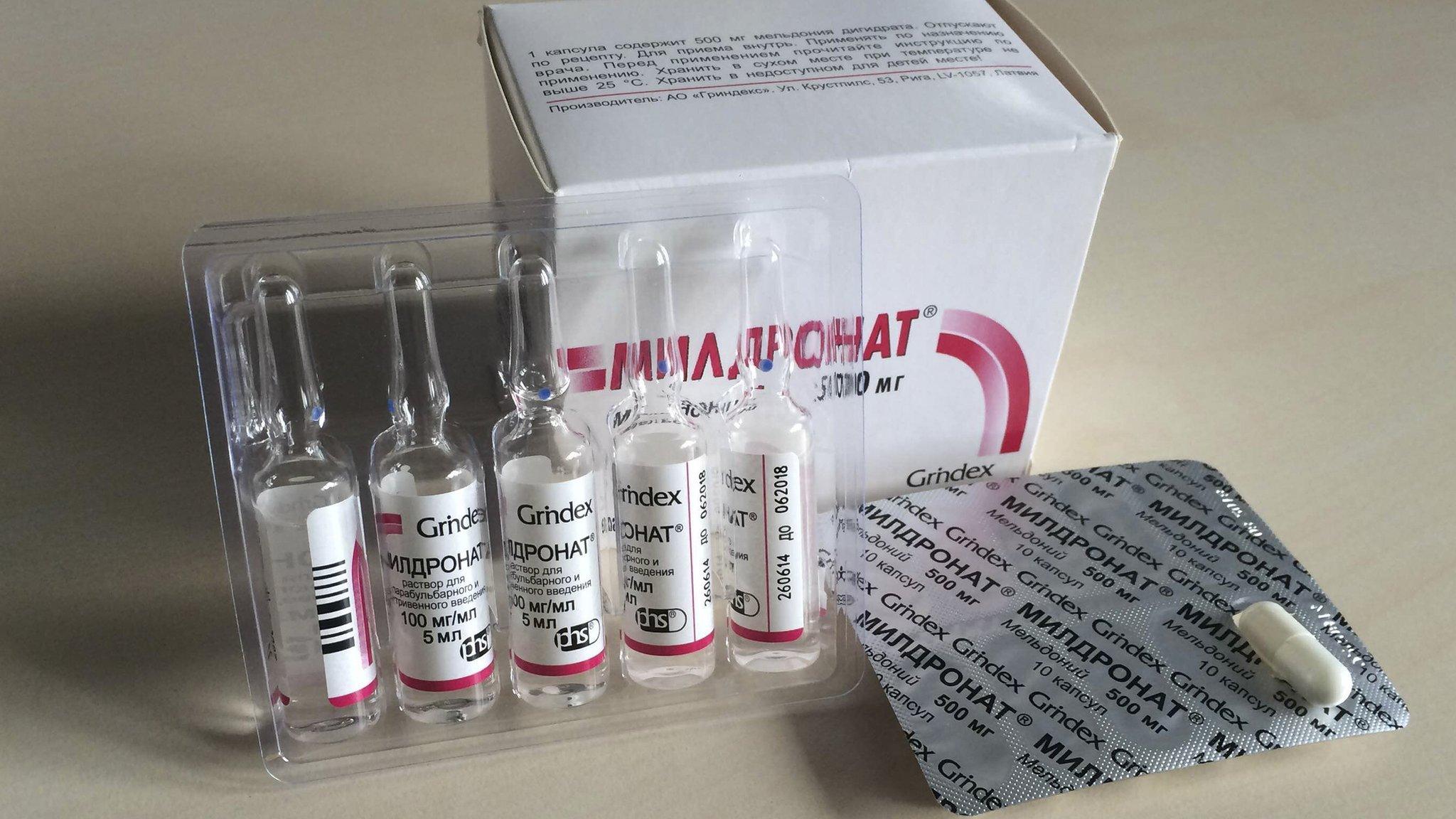
- Published9 March 2016
